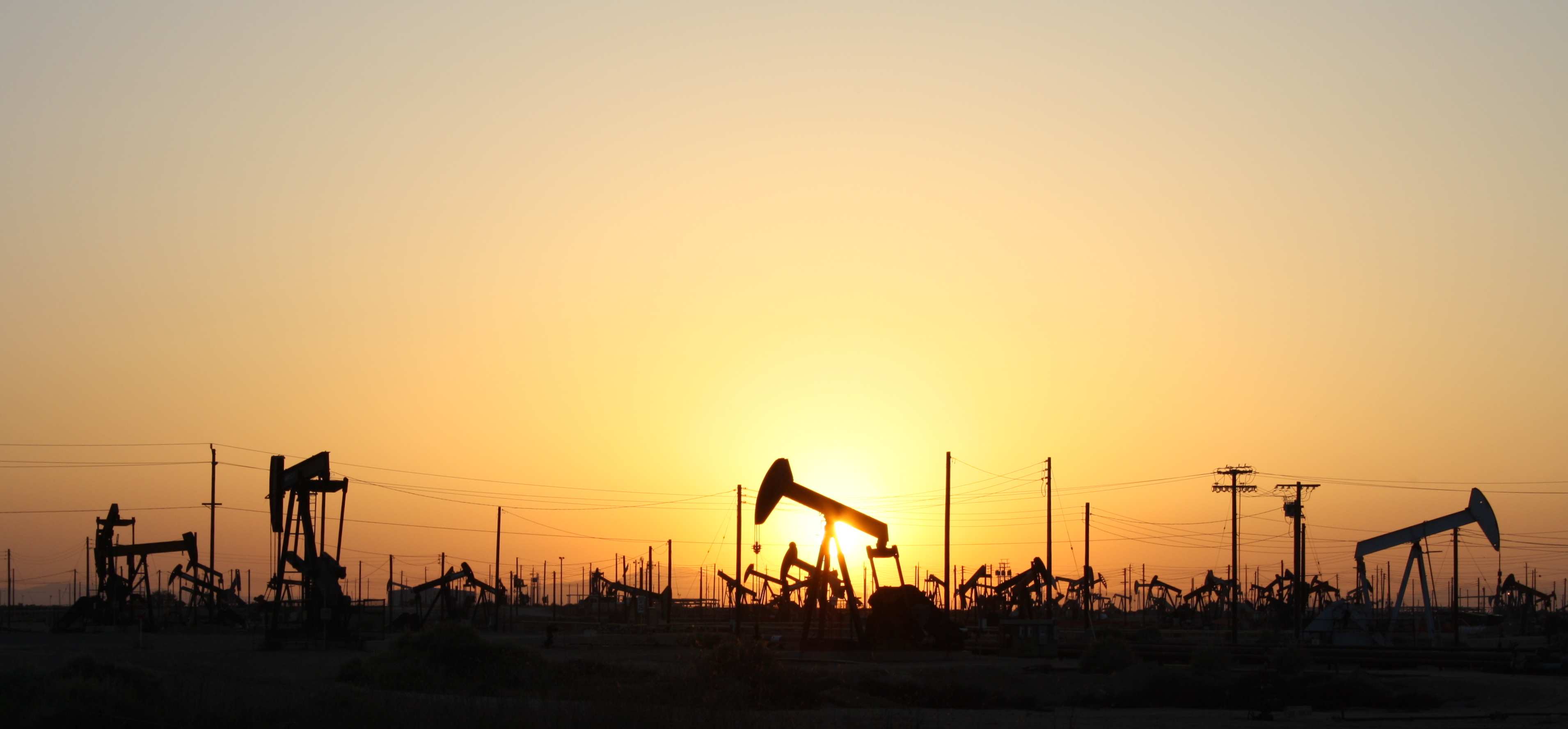When we think about the countries that produce oil, Kenya is not typically the country that comes to mind. But after a recent discovery of oil in the Turkana region, Kenya is joining the ranks. Kenya’s government has approved of a plan to extract up to 4,000 barrels of oil per day from reserves that were recently discovered. These reserves were uncovered in the country’s Turkana region in 2012 by African oil specialist Tullow Oil. Tullow Oil is partnering with Kenya in order to prepare for full commercial exploration. President Uhuru Kenyatta chaired a special Cabinet meeting on August 11th that allowed the full exploration of the crude oil in the Turkana region.
In July, Tullow Oil released its half-year results in it which it estimated that 2,000 barrels of oil will be produced by the middle of 2017 due to the pilot scheme. The Kenyan government released a statement on August 11th that was more ambitious. It placed initial extraction levels somewhere in the range of 2,000 to 4,000 barrels per day.
Part of the Kenyan government’s plan involves a promised upgrade to infrastructure. The Eldoret-Lokichar road is being upgraded to facilitate the transportation of oil. Another change that will be made to facilitate this project is the replacement of the Kainuk Bridge. This will allow for trucks of greater size and weight to transport the crude oil.
Kenya will allow trucks and trains to transport the oil from the north west region of Kenya to the main port in Mombasa. Kenya’s cabinet has also approved the creation of a new Kenya crude pipeline. This pipeline would run north from the exploration field to Lamu. Kenya is building a second port in Lamu which will make the endpoint for this pipeline. The government states that in the future, this new port will be utilized as the main transportation route for crude exports.
Tullow Oil later published results which stated that things have been worked out with the government of Kenya. A memorandum of understanding has been signed alongside partners Maersk Oil and Africa Oil with the government of Kenya confirming intent to develop the pipeline as a joint project. This project was described by Tullow Oil as “compelling.”
According to estimations made by Tullow Oil, the “life of field development costs” will most likely be the range of $25 to $30 per barrel of oil. These costs include capital expenditure, operating expenditure, and potential pipeline tariffs. There is no way to know how all of this will play out, but Kenya’s new role in the production of oil could really change the political landscape of the world.
